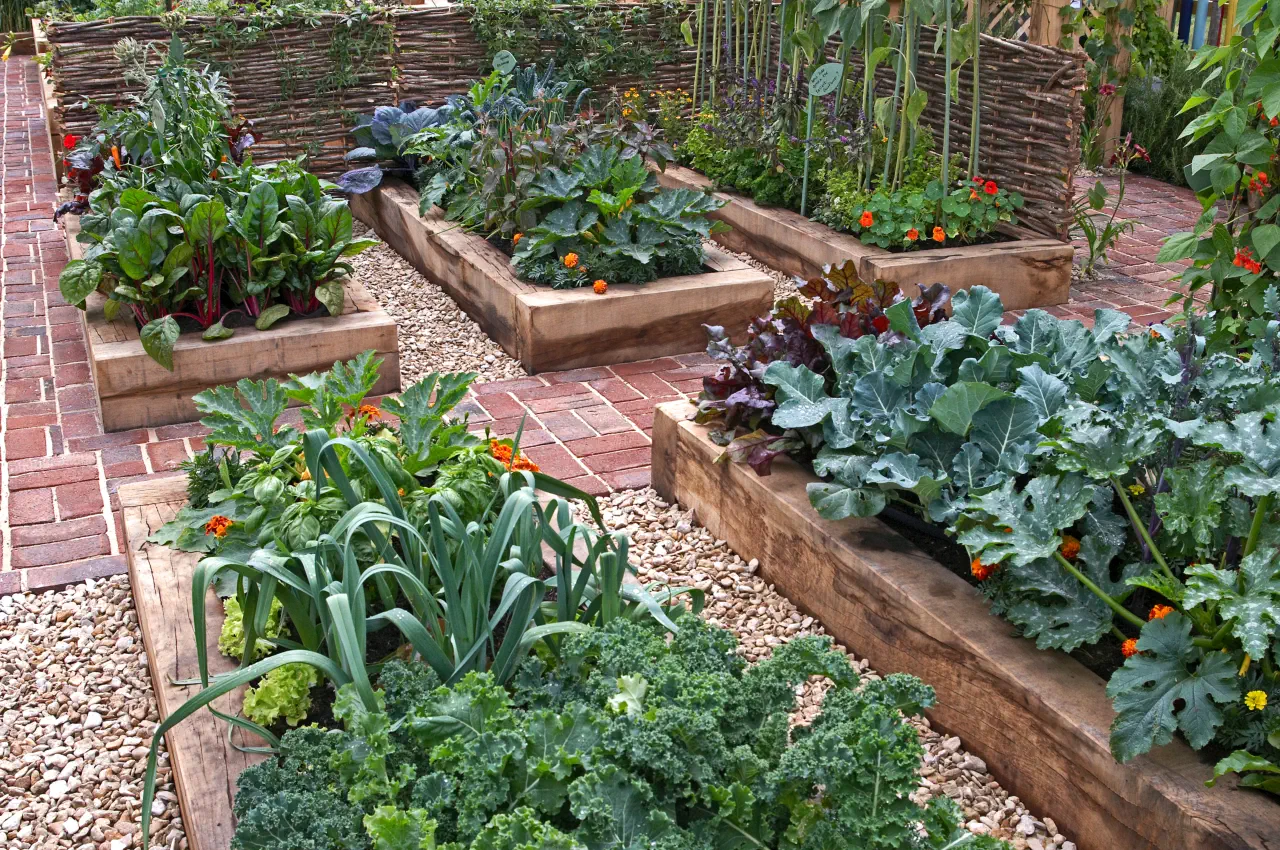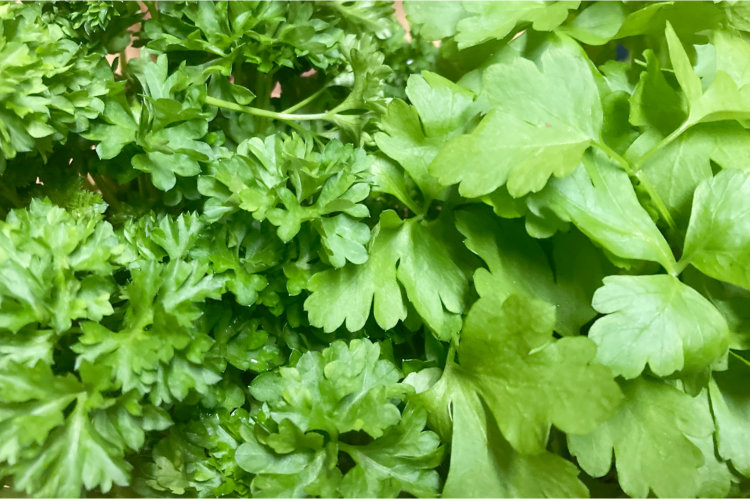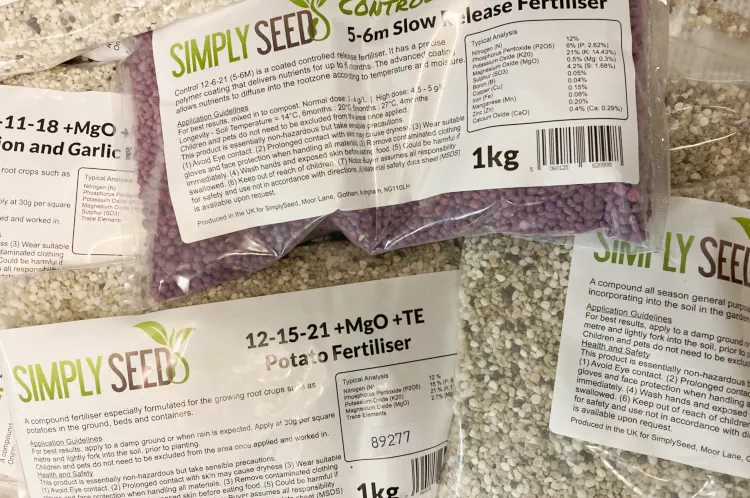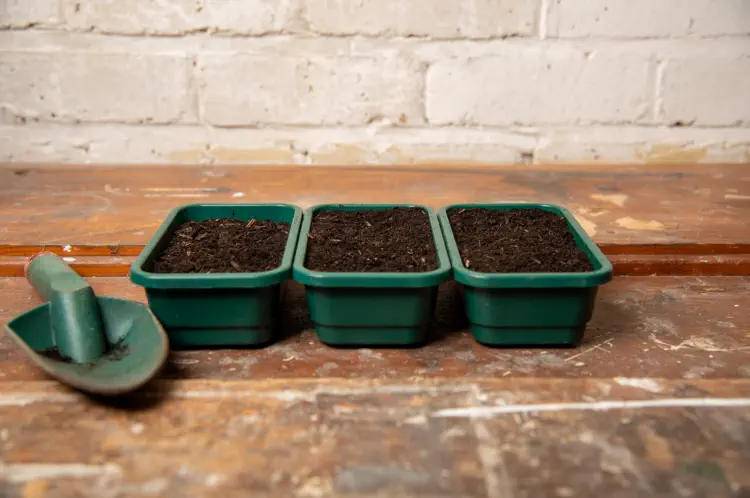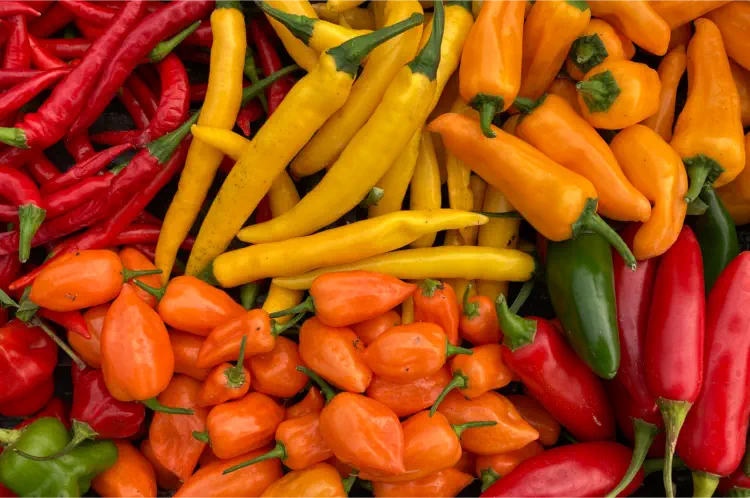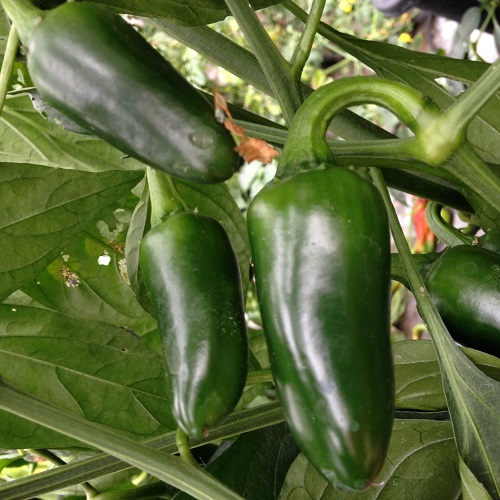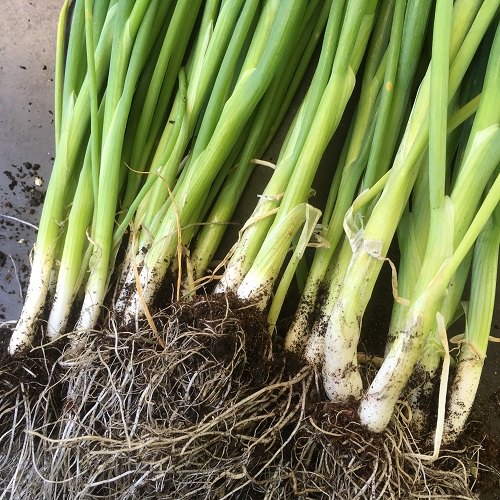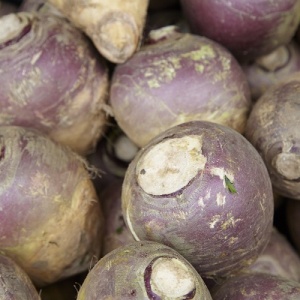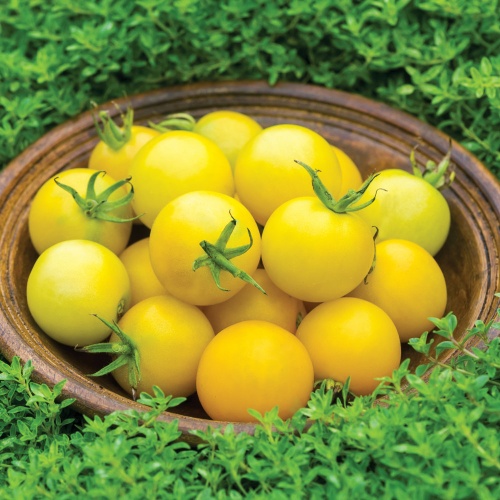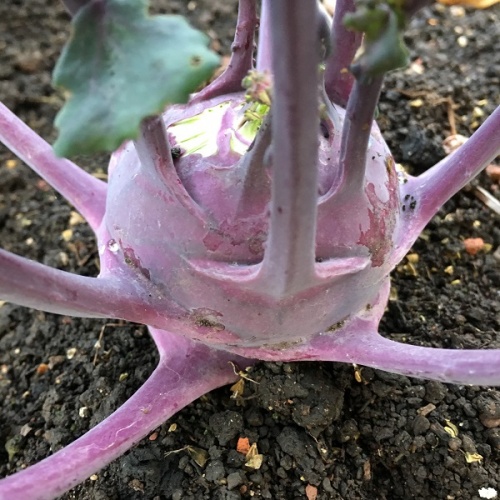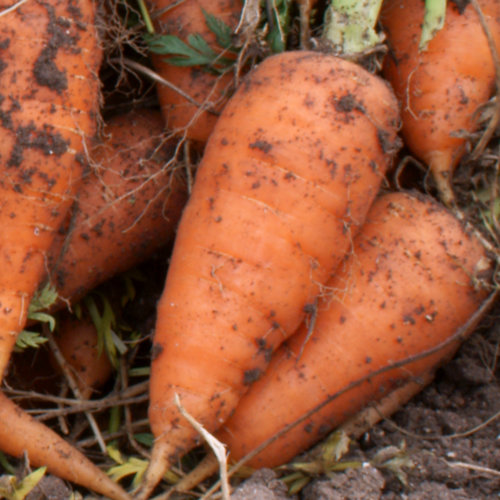The idea of growing your own vegetables can be intimidating, but it doesn’t have to be! With the right knowledge and preparation, anyone can create their very own vegetable garden. In this small blog post we will cover five tips that are essential for planning and starting a successful vegetable garden. Whether you want to provide for yourself or just enjoy gardening as a hobby, these tips will help get you started on the path towards creating an abundance of fresh produce!
The first tip is to plan ahead. Before you even begin planting, take some time to research what types of vegetables grow best in your climate and which ones require more care than others. Once you know what type of plants you’re looking at getting, make sure there is enough space in your garden or balcony to accommodate them all - both when they mature and while they're still young seedlings. It's also important to consider where sunlight falls throughout the day so each plant receives enough light for optimal growth.
Finally, it's essential to choose the correct soil for each variety of veg. Different plants need different nutrients from their soil; choosing the wrong kind could lead to poor harvests later on down the line! Preparation like this will ensure that when it comes time to start planting and caring for your veg, everything runs smoothly and without any surprises along the way.
Choose The Right Location For Your Garden
Choosing the right location for your vegetable garden is essential. It needs to receive at least six hours of direct sunlight every day, and should be close enough to a water source so that you don't have to carry it too far. Make sure to check what type of soil you'll be growing in, as well. Clay soils tend to drain slower than sandy or loamy soils, so if this is an issue, consider raised beds or containers that can hold more moisture.
Don't forget about pests either – locate your garden away from trees or shrubs where animals may hide during the day and come out at night looking for food! All these factors will help ensure your plants get the necessary nutrients they need for growth and yield a bountiful harvest.
Determine Which Vegetables To Grow
Before getting started, it's important to determine which vegetables you'd like to grow in your garden. Consider what types of vegetables are most commonly used in recipes that you enjoy eating, as well as the vegetables that will be suitable for the climate and weather conditions where you live. Researching can help you make informed decisions about which types of vegetables will work best for growing in your particular region.
If this is your first time gardening, opt for easy-to-grow varieties such as lettuce, beans, tomatoes, beetroot, cucumbers and new potatoes. These plants typically require minimal care but still yield a good harvest. You may also consider planting fruits like strawberries or blueberries if space allows.
Once you've decided on the type of vegetable seeds to plant in your garden, focus on preparing the soil and making sure it's properly fertilised before sowing the seeds or transplanting seedlings. If done correctly, these simple steps will ensure your plants thrive throughout the season so you can reap a bountiful harvest!
Prepare Your Soil For Planting
Before you start planting your vegetable garden, it's important to make sure the soil is ready. The first thing you should do is check the pH of your soil. You can also add organic matter such as compost or manure to enrich and lighten heavy soils.
Next, till the area where you will be planting by turning over the top layer of soil with a shovel. This helps loosen up clumps so that roots can penetrate more easily. Make sure there are no rocks in this area since they'll prevent roots from growing and cause problems down the line.
Finally, rake the surface of your soil until it looks smooth and even so that seeds can be planted evenly and sprout properly. Be sure to give all areas plenty of sun exposure before sowing any seeds!
Plant Your Seeds At The Right Time
Timing is everything when it comes to starting a vegetable garden. Knowing exactly when to plant your seeds will ensure that you get the most out of your growing season. Here are some tips for planting at the right time:
First, consider what type of vegetables you want in your garden and research their ideal climate requirements. Some plants require warmer temperatures than others, so make sure you know which ones need heat and which ones can survive cold weather. Once you've determined the types of vegetables you're growing, do some research on the best time to plant them in your area based on average temperature ranges during different months. This information should be readily available online.
Keep an eye on seasonal changes throughout the year and plan ahead for any sudden shifts in weather patterns. Check forecasts regularly so that if there is a frost warning or extreme heatwave coming up, you'll be prepared with proper protection methods such as covering vulnerable plants with sheets or mulch or watering more frequently in dry conditions. Also pay attention to daylight hours as they change each month; shorter days indicate colder temperatures while longer days mean higher warmth levels which could affect how quickly certain plants grow.
Knowing when to start planting will help give your vegetable seeds the best chance of success! With these tips, you'll have all the knowledge needed to pick just the right time for sowing your seeds.
Maintain Your Garden With Regular Care And Attention
Once you have planted your vegetable garden, it is important to maintain it with regular care and attention. This will ensure that the plants remain healthy and continue to produce fresh vegetables for harvest. The first step in maintaining a vegetable garden is watering. Plants need different amounts of water depending on their type and size; so be sure to check the directions provided by the seed package or nursery when determining how often and how much you should water each plant. Additionally, try to avoid over-watering as this can cause root rot and other issues.
The second step in maintaining a vegetable garden is weeding regularly. Weeds compete with the vegetables for resources such as sunlight and nutrition from the soil; thus, weeds must be removed quickly before they take hold in order for your vegetables to flourish. Hand pulling is usually preferred over chemical treatments, but if needed use natural solutions like vinegar instead of harsh chemicals which could contaminate your veggies.
Finally, fertilising helps promote growth and increase yields while also helping replace nutrients lost through harvesting crops. Different types of fertilizers are available depending on what kind of plants you're growing - consult an expert at your local gardening store or do some research online about what type works best for your specific situation. With proper care and maintenance, your vegetable garden will provide many harvests throughout the season!
Conclusion
It's amazing how much you can accomplish with your own vegetable garden. With some planning and dedication, you can have fresh vegetables all season long. The most important thing is to choose the right location for your garden, decide which vegetables you want to grow, prepare the soil properly, plant at the right time, and take care of it regularly.
If I could give one piece of advice for starting a successful vegetable garden, it would be to start small and focus on what works best for you. Don't try to do too much in your first year; just pick out a few different types of vegetables that are easy to grow and get started from there. As you gain more experience over the years, you'll be able to expand the garden and add new varieties as you go along.
Overall, growing a vegetable garden is an incredibly rewarding experience — both physically and mentally. It's wonderful knowing that that you are providing yourself with nutritious food while also doing something good for the environment. So if you're ready to start gardening yourself, don't wait! Get out there and start growing!

